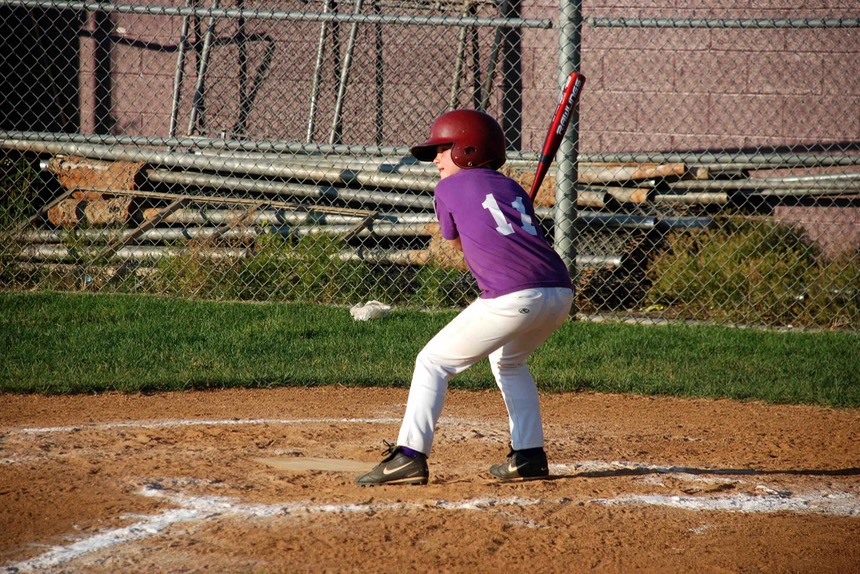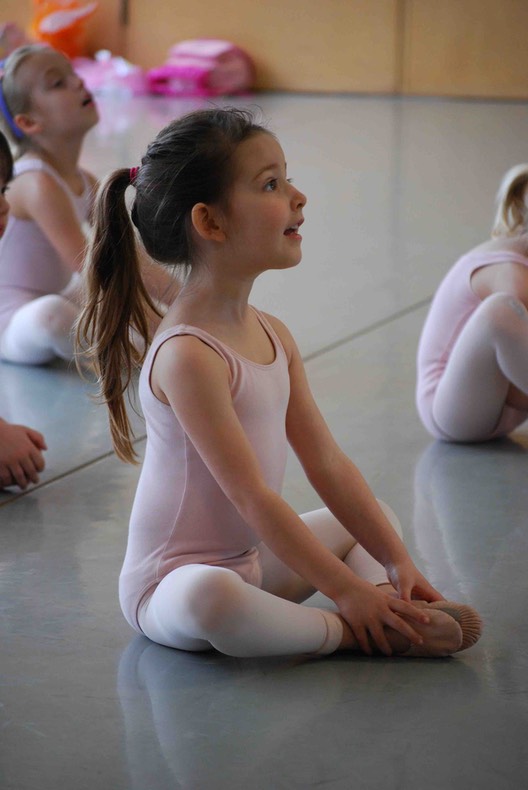(Click here to download a free pdf copy of this blog)
Recently one of our readers emailed this question. “Should we give every child a trophy even if he hasn’t earned it?” I have been asked this same question during speaking engagements and on radio interviews; so I thought a wider audience may benefit from my answer.

Q: TELL ME IF I’M WRONG AND IF I NEED TO CHANGE MY THINKING….
We attend baseball games of our grandson who will be nine years old this year. ALL the parents of both genders and the coaches praise the kids like crazy yelling, “Great job, perfect swing, wonderful try, doing good”....you get the picture...when the kids strike out, when a pitcher walks so many batters, when an outfielder doesn't catch the ball and loses it, or when someone doesn't make it to base, etc. The parents’ cheers when things go wrong are so thunderous that I can’t imagine what it does to the kids. And the parents are constantly yelling loudly...”You can do it, get in the game, etc” and when they don't it's praises all around.
Click here for a related story: How Often Do You Say “Good Job” To Your Child? Maybe You Need To Rethink It! by Jean Illsley Clarke

The same rings true to our granddaughter's dance recitals. After the recital, awards are given and every girl from the age of three to eighteen. Usually there are fifty or more girls and everyone receives an award just for being in the recital. This is done so that the girls won’t cry and get upset when the awards are given for true achievement. It’s the “Give everyone a Trophy mentality even though they have not earned it!”
It all makes me sick! Am I wrong in my thinking? Were we raised this way?I can't get my head around it that in any way this is healthy. When the kids get out in the real world, they certainly won't be rewarded for showing up or for poor performances. I’m all for encouragement and for teaching skills which are age appropriate, but this goes way beyond what I can comprehend as healthy.
Click here for a related story: Are You a Well-Intentioned, Over Involved Sports Parent? By Jean Illsley Clarke
I guess I'm really feeling it because our grandson cries when he doesn't do well and he leaves the dugout and his mother hugs and kisses him to make him feel better...right in front of the other boys. I guess I’m just an old fuddy duddy but what's wrong with telling a kid, it's just a game, have fun, it's a team effort, suck it up as you'll always make mistakes and there's a chance to learn, and look ahead to the next play.
It isn't just my grandson, some of the other kids act the same way and all of the parents, in my observations, cater to them beyond what I consider psychologically healthy. Even the coaches are in on it giving the kids a ‘precious' pep talk before they get into play.
Click here for a related story: Pay for Scores? Letting Kids Play for Fun. By Jean Illsley Clarke
One thing I did notice. There are two Eastern Indian boys on the team from two different families. Their parents don't yell, in fact, say very little......and you guessed it.....both kids play well, don't cry or get into acts of drama. Interesting...a different culture...
Let me know your thoughts on this subject. I appreciate any advice forth coming.
Thanks.
Signed: A Concerned Grandparent
A: IS THIS OVERINDULGENCE?
My coauthors and I have developed a research based tool to determine the answer. It is called The Test of Four. It works this way. You ask yourself four questions. if you get a “Yes” answer to one or more questions, it probably is overindulgence.
TEST OF FOUR - WIPING GRANDSON’S TEARS AWAY WHEN HE STRIKES OUT
1. Does it get in the way of the child learning a developmental task? If yes, which task? Does it reinforce the early belief that the child is the center of the world?
Yes. It prevents your grandchild from learning that disappointment is a feeling that is normal, and it is part of the human experience. When we don’t achieve a goal it is normal to feel disappointed. If we rescue children every time they feel discomfort they never learn to do as the song says, “So take a deep breath, pick yourself up, dust yourself off, and start all over again.”
2. Does it use a disproportionate amount of the family resources: e.g., money, space, time, energy, focus, to meet the wants, not the needs of one or more of the children?
No.
3. Whose needs? Is this more for the parent than for the child? Does it insist that the child focus on activities that the parent likes but that are counter to the child’s interests and abilities?
Yes. My hunch is that it is more for the parent than the child. The parent cannot stand to see the child in any pain and wants to rescue him.
4. Possible harm? Does it deplete or in some way harm others, property, the environment, the community?
No. Not at this time. However if this pattern continues into his adolescence and adulthood, he may get angry when he doesn’t always get his way, and he may learn to strike out at people or even damage property as a result.
TEST OF FOUR - DANCE RECITAL AWARDS FOR EVERYONE
1. Does it get in the way of the child learning a developmental task? If yes, which task? Does it reinforce the early belief that the child is the center of the world?
Yes. The practice of giving every child an award at a dance recital reinforces the false belief that they are “special” and are the “best” even though they have not earned it. They are center of the universe. Further, most children already know who the better dancers are and the adults are not really fooling them.
2. Does it use a disproportionate amount of the family resources: e.g., money, space, time, energy, focus, to meet the wants, not the needs of one or more of the children?
Yes, by buying trophies and ribbons that are not necessary which will probably be thrown away in time.
3. Whose needs? Is this more for the parent than for the child? Does it insist that the child focus on activities that the parent likes but that are counter to the child’s interests and abilities?
Yes. My hunch is that the practice of giving everyone an award came about as a result of parents complaining to the dance teacher. They thought it was unfair that their child performed better than the child that got the award. Now to appease them, every child gets an award. If this is the case, it is really more for the parent than the child.
4. Possible harm? Does it deplete or in some way harm others, property, the environment, the community?
No. The only harm I see is that it can give the child a false sense of accomplishment.
So, how many Yes answers did you get? I got two in the first scenario and three in the second. According to the Test of Four are these overindulgence? Yes.
I am not against giving children gold stars on a chart. I am not against giving stickers to encourage participation or for continued improvement, but I am not in favor of giving out awards or trophies to every child just to keep everyone happy.
As I see it, parenting is more art than science. The art of it is about how you respond to your child, when, under what circumstance, as well as what patterns you establish over the long run. Think about it. What patterns have you established with your children?
I know parents want the best for their children. They want to protect them from real harm and danger. But what message do parents send to their children when they are trying to insulate them from almost all of life’s minor bumps and bruises such as not getting an award when they really did not earn one?
What life lessons do we teach children when they don’t really earn something or are disappointed with the outcome of their performance? What do these children do when they grow up thinking they deserve something that they really haven’t earned? Here are a few life lessons they might learn:
1. Get Mad
2. Get Sad
3. Get Even
4. Give Up
5. Get Better
6. Work Harder
I KNOW WHICH LESSONS I WOULD LIKE TO TEACH:
üGet Better!!!!!!!!!!!!
üWork Harder!!!!!!!!!
üReach Your Goal!!!
A FEW SUGGESTIONS
1. Give your daughter a copy of “How Much Is Too Much?”, but do it this way. Don’t say you need this! Instead, say “I know a psychologist wrote this book. I don’t know if it is any good or not. Will you take a peak at it and let me what you think?
2. Suggest that she read some of our blogs, especially the following:
How Often Do You Say “Good Job” To Your Child? Maybe You Need To Rethink It! by Jean Illsley Clarke
Are You a Well-Intentioned, Over Involved Sports Parent? By Jean Illsley Clarke
Pay for Scores? Letting Kids Play for Fun. By Jean Illsley Clarke
3. Print. Post. And Read “The Overindulgent Parent’s Confession”.
4. Remember you can’t change a whole overindulgence culture, but you can change what you do.
All the best.
Dr. Bredehoft
There is more help about avoiding overindulgence in How Much is Too Much? Raising Likeable, Responsible, Respectful Children – From Toddlers To Teens – In An Age of Overindulgence (2014, DaCapo Press Lifelong Books).
Photos from MorgueFile free photo.


